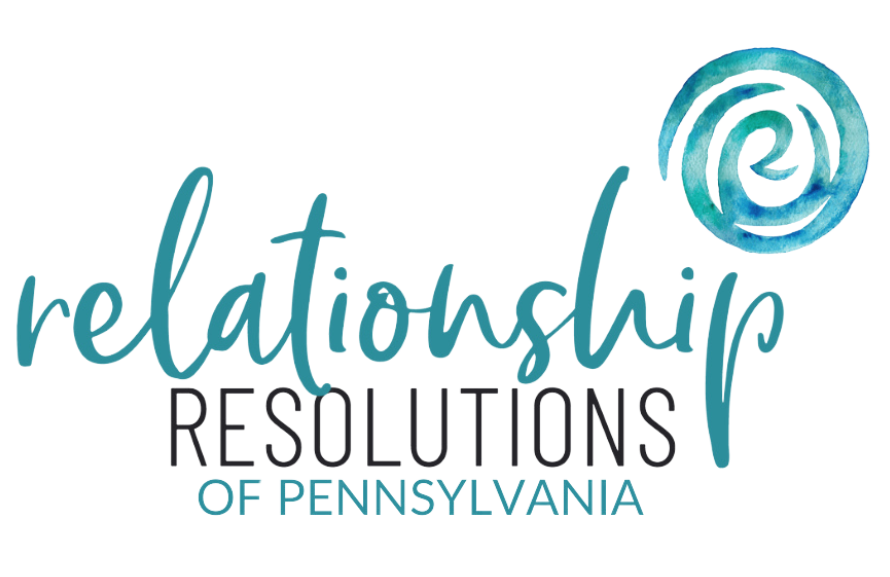Descriptions of Therapeutic Approaches
Cognitive-Behavioral Therapy is a form of psychotherapy that emphasizes the important role of thinking about how we feel and what we do.
Solution-Focused Therapy is a brief, present-oriented therapy which focuses on establishing therapeutic goals. SFT utilizes the client’s strengths to help them move toward their envisioned future.
Emotionally-Focused Therapy – Research studies find that 70-75 percent of couples move from distress to recovery and approximately 90 percent show significant improvements with this therapy.
The 3 main goals of EFT include:
- Expanding and re-organizing emotional responses
- Initiating new cycles of interaction
- Fostering the creation of a secure bond between partners
Acceptance and Commitment Therapy operates on the assumption that avoiding emotions and engaging in over-thinking lead to destructive behaviors in which people become stuck. ACT helps clients be mindful and aware, choose a direction based on values, and take action.
Dialectical Behavior Therapy is a form of psychotherapy which helps the client identify and resolve areas of conflict. It is a present-centered, emotionally focused, values-based approach which focuses more on long-term goals rather than immediate ones. The main goals for the client are to accomplish their objectives, see their situation more clearly, and develop plans more effectively. DBT utilizes homework assignments in between sessions as one way to teach client one of the 5 core skills: Mindfulness, Meaning-making, Emotion-regulation, Distress-tolerance, and Strategic behavior.
Systems Theory is based on the assumption that the emotional system affects most human activity and is the principal driving force in the development of clinical problems. Knowledge of how the emotional system operates in one’s family, work, and social systems reveals new and more effective options for solving problems in each of these areas.
Dr. Murray Bowen, a psychiatrist, originated this theory and its eight interlocking concepts:
- Triangles: a three-person relationship system
- Differentiation of Self: a measure of dependency on the acceptance and approval of others resulting in one’s level of “self”
- Nuclear Family Emotional System: identifies 4 basic relationship patterns: marital conflict, dysfunction in one spouse, impairment of one or more children, and emotional distance. Where symptoms in a family develop depends on which patterns are most active. The higher the tension, the more chance that symptoms will be severe and that several people will be symptomatic
- Family Projection Process: describes the primary way parents transmit their emotional problems to a child
- Multigenerational Transmission Process: describes how generations of relationally and genetically transmitted information interact to shape an individual’s self
- Emotional Cutoff: an unhealthy way in which some people manage their unresolved emotional issues with family members by reducing or totally cutting off contact
- Sibling Position: the idea that birth order is predictive of important common characteristics
- Societal Emotional Process: explains how the previous 7 Bowen concepts can be applied to nonfamily groups such as work and other social organizations
Rational Emotive Behavior Therapy (REBT) is an action-oriented, empirically-based psychotherapy which focuses on resolving problems and enabling people to lead happier and more fulfilling lives. REBT claims that people, to a large degree, construct emotional difficulties such as self-blame, self-pity, anger, hurt, guilt, shame, depression and anxiety, which contribute to behaviors like procrastination, compulsiveness, avoidance, addiction and withdrawal. Through REBT, clients are taught to identify and understand the role of such illogical, unrealistic and self-defeating meanings, interpretations and assumptions so that they can learn to dispute, refute, challenge and question them. The goal is to distinguish unhealthy thoughts and feelings from more constructive and self-helping constructs, and ultimately begin to subscribe to the latter.
Experiential Therapy is an empirically supported, emotion-focused approach that systematically but flexibly helps clients become aware of and make productive use of their emotions. Based on a 25-year program of research, it provides a distinctive perspective on emotion as a source of meaning, direction and growth, and is geared to helping clients develop their emotional intelligence.
